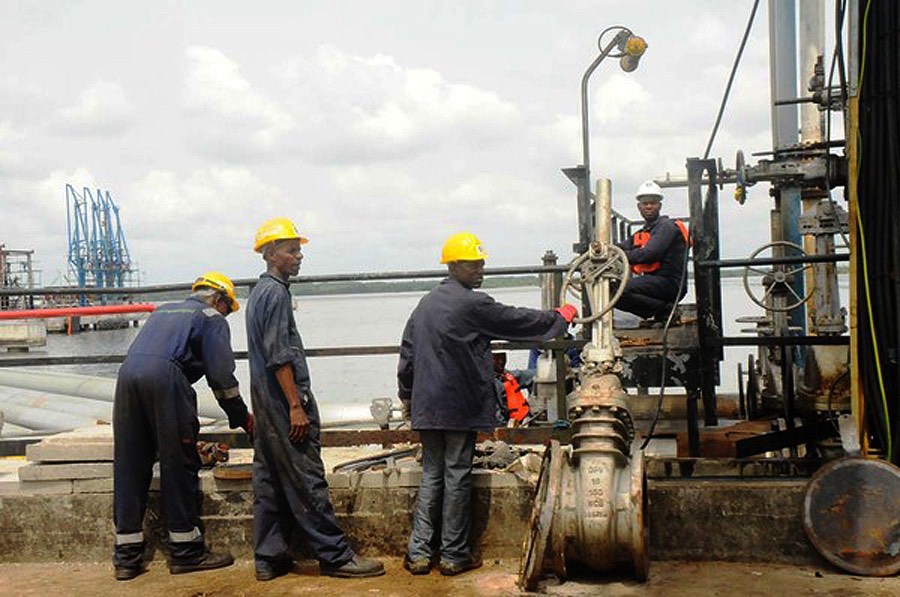Prices edged up on Tuesday in London after rebounding nearly 5% the day before as concerns about the impact of the Omicron variant on global fuel demand eased and stalled Iranian nuclear talks.
As of early Tuesday morning, Brent crude futures were up 0.5% to $73.42 a barrel after settling 4.6% higher on Monday. US West Texas Intermediate crude was up 0.6% at $69.92 a barrel, following a 4.9% advance the previous session.
Last week, oil prices earlier tumbled on fears that vaccines may not be as effective against the Omicron Coronavirus variant, inciting fears that governments might re-impose restrictions to curb its spread and harm global growth.
The weekend saw, however, that Omicron cases in South Africa only had mild symptoms. Also, a top infectious disease official in the United States, Anthony Fauci, has told CNN, “it does not appear to be severe so far.”
In the past couple of weeks, oil markets have been pricing in the worst-case scenario.
Saudi Arabia, the world’s top oil exporter, raised monthly crude prices on Sunday as another sign of confidence in oil demand.
Following an agreement by the Organization of Petroleum Exporting Countries and its allies, known as OPEC+, to raise output by 400,000 barrels per day in January despite the release of U.S. strategic petroleum reserves, output was raised again in February.
Prices were also supported by a delay in the return of Iranian oil. There have been roadblocks in the indirect nuclear talks between the United States and Iran. Iran was urged on Monday by Germany to present realistic proposals in talks over its nuclear program.
When negotiations resume later this week, there is a chance that negotiations may succeed, but markets may have to think about a longer delay in Iranian oil exports
Likewise, Iraq has expressed optimism about price hikes and demand, while global oil executives have lamented underinvestment and the need for fossil fuels despite a push toward cleaner energy source.







